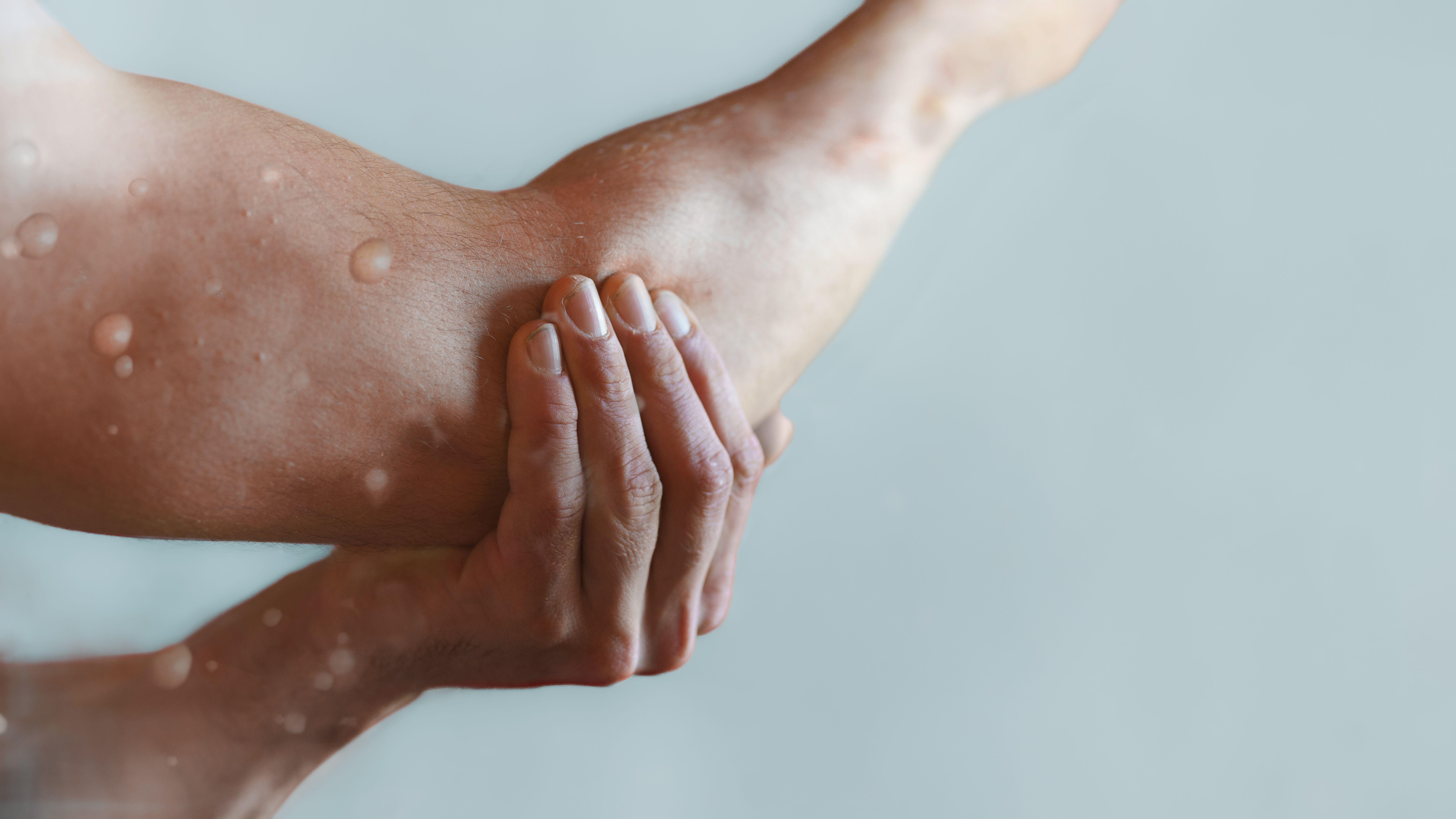Monkeypox: Second dose of vaccine to be offered to those most at risk
Modelling suggests vaccinating 25 per cent of the groups most at risk could significantly reduce the risk of transmission

Your support helps us to tell the story
From reproductive rights to climate change to Big Tech, The Independent is on the ground when the story is developing. Whether it's investigating the financials of Elon Musk's pro-Trump PAC or producing our latest documentary, 'The A Word', which shines a light on the American women fighting for reproductive rights, we know how important it is to parse out the facts from the messaging.
At such a critical moment in US history, we need reporters on the ground. Your donation allows us to keep sending journalists to speak to both sides of the story.
The Independent is trusted by Americans across the entire political spectrum. And unlike many other quality news outlets, we choose not to lock Americans out of our reporting and analysis with paywalls. We believe quality journalism should be available to everyone, paid for by those who can afford it.
Your support makes all the difference.Those most at risk from monkeypox will be offered second doses of the vaccine, as cases continue to fall, the UK Health Security Agency (UKHSA) said.
Sexual health clinics will continue to prioritise offering first doses to those at the highest risk.
Some clinics will offer eligible people a second dose, which the UKHSA said should provide longer-term protection.
Modelling published on Friday suggests vaccinating 25 per cent of the groups most at risk could significantly reduce the risk of transmission.
Prioritising vaccine stock where possible for second doses for those at highest risk will help us maximise protection and interrupt transmission
Dr Gayatri Amirthalingam, deputy director of public health programmes at the UKHSA, said: “It’s encouraging that we’re continuing to see fewer cases of monkeypox reported in the UK and we are grateful to everyone who has followed advice about potential symptoms, isolated as part of this outbreak or come forward for vaccination to help limit transmission.
“Prioritising vaccine stock where possible for second doses for those at highest risk will help us maximise protection and interrupt transmission. When you are called forward for vaccination, please take up the offer.”
The Joint Committee on Vaccination and Immunisation (JCVI) endorsed the UKHSA’s proposal to offer second doses to those at highest risk.
There are no current plans to widen the offer of vaccination beyond the existing priority cohorts, but the decision will be kept under review.
Those that are eligible for vaccination will be called by the NHS.
Second doses will be offered from around two or three months after the first dose.
As of September 20, more than 45,000 people have received a dose of the vaccine, including over 40,000 gay, bisexual and other men who have sex with men who are at the highest risk of exposure.
After falling throughout August, the number of monkeypox cases in the UK has continued to decrease.
There was a peak of 60 cases per day in mid-July.
In early September there were fewer than 15 cases per day on average.
As of September 16, there were 3,585 confirmed and highly probable cases of monkeypox in the UK.
Analysis of wider infection trends suggests changes in behaviour in the groups most at risk may have contributed to the reduced case rates.
The UKHSA also confirmed the delivery of 20,000 additional vaccine doses from Bavarian Nordic, the single global supplier of the vaccine being used in response to the current outbreak of monkeypox in the UK.
The vaccine doses are available for NHS services to order and are being distributed now, with a further 80,000 vaccine doses expected to arrive later this month.
Everyone at the highest risk will have access to two doses of the vaccine in the coming months.